Guwahati (Assam)
A complete tourist and cultural guide
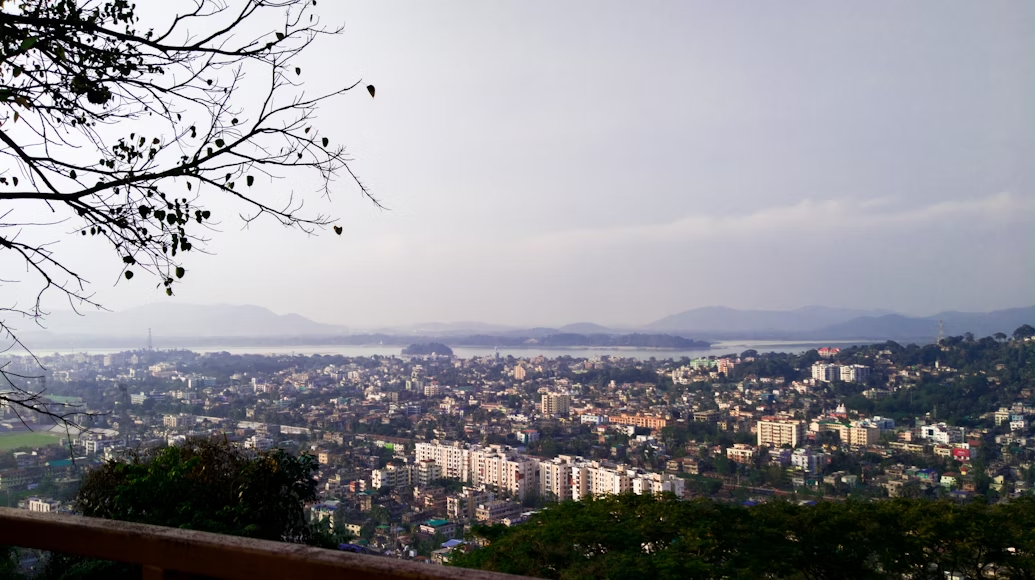
Guwahati, the largest city in the Indian state of Assam, is a vibrant and rapidly growing urban center in the northeastern region of the country. Situated on the southern banks of the mighty Brahmaputra River, it serves as a major gateway to the Northeast and is a key cultural, educational, and economic hub. The city is known for its rich history, diverse culture, and spiritual significance.
Must-Visit Attractions in Guwahati
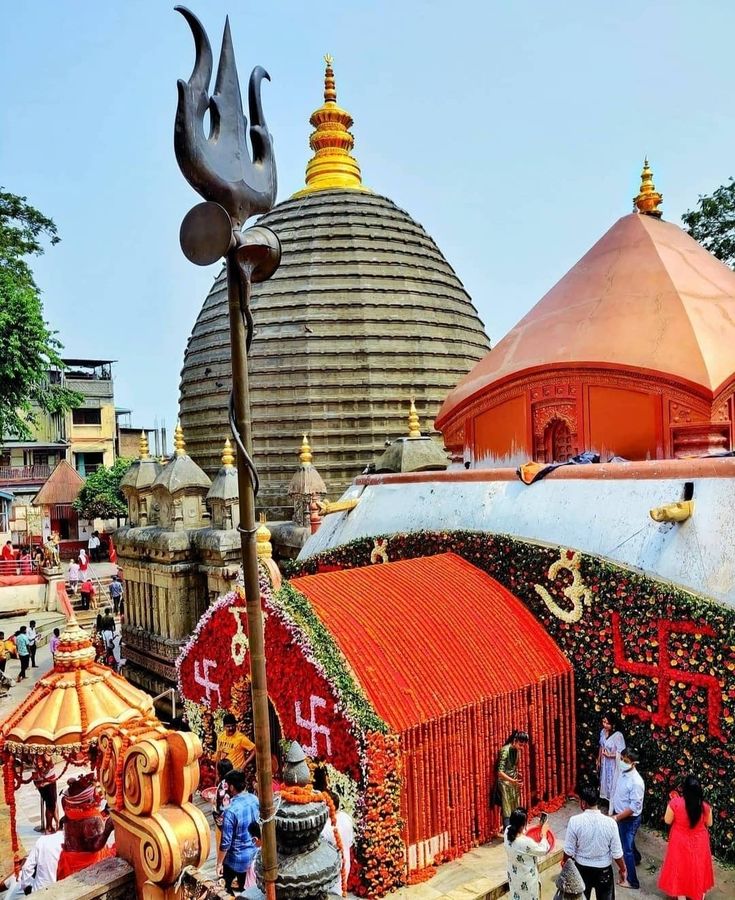
Kamakhya Temple
A revered Shakti peeth and one of the oldest temple in India, dedicated to Goddess Kamakhya.
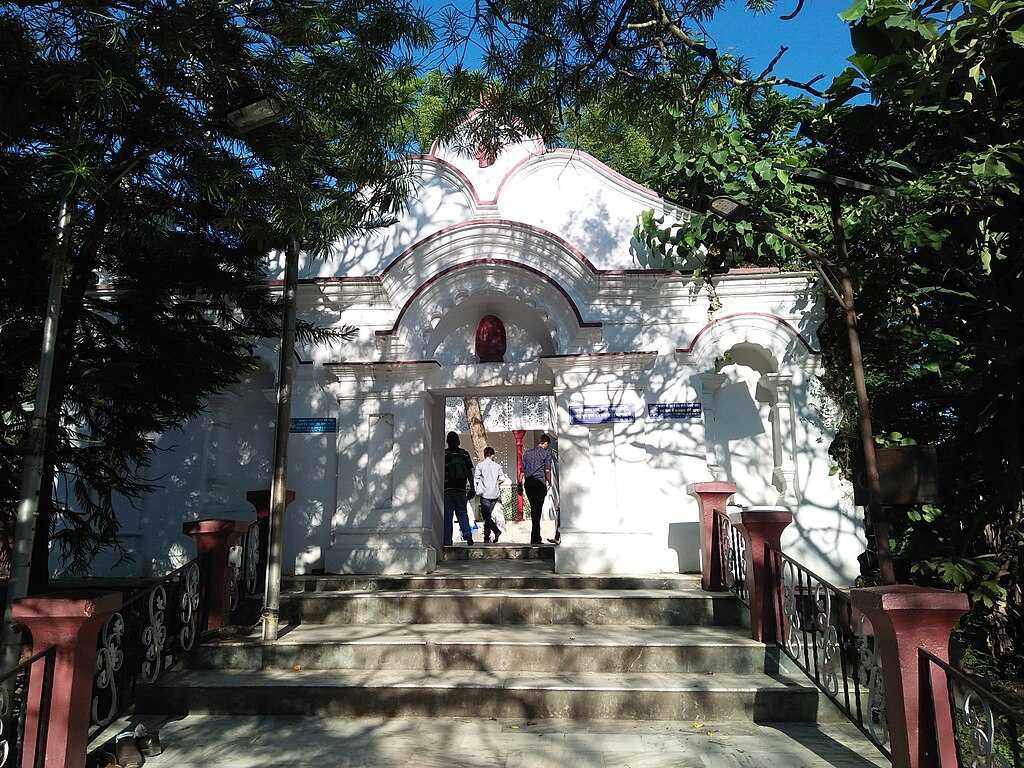
Umananda Temple
Located on Peacock island in the Brahmaputra river, dedicated to Lord Shiva.

Brahmaputra Riverfront Park
It is a beautifully designed public space that rejuvenates and celebrates the mighty river’s bank
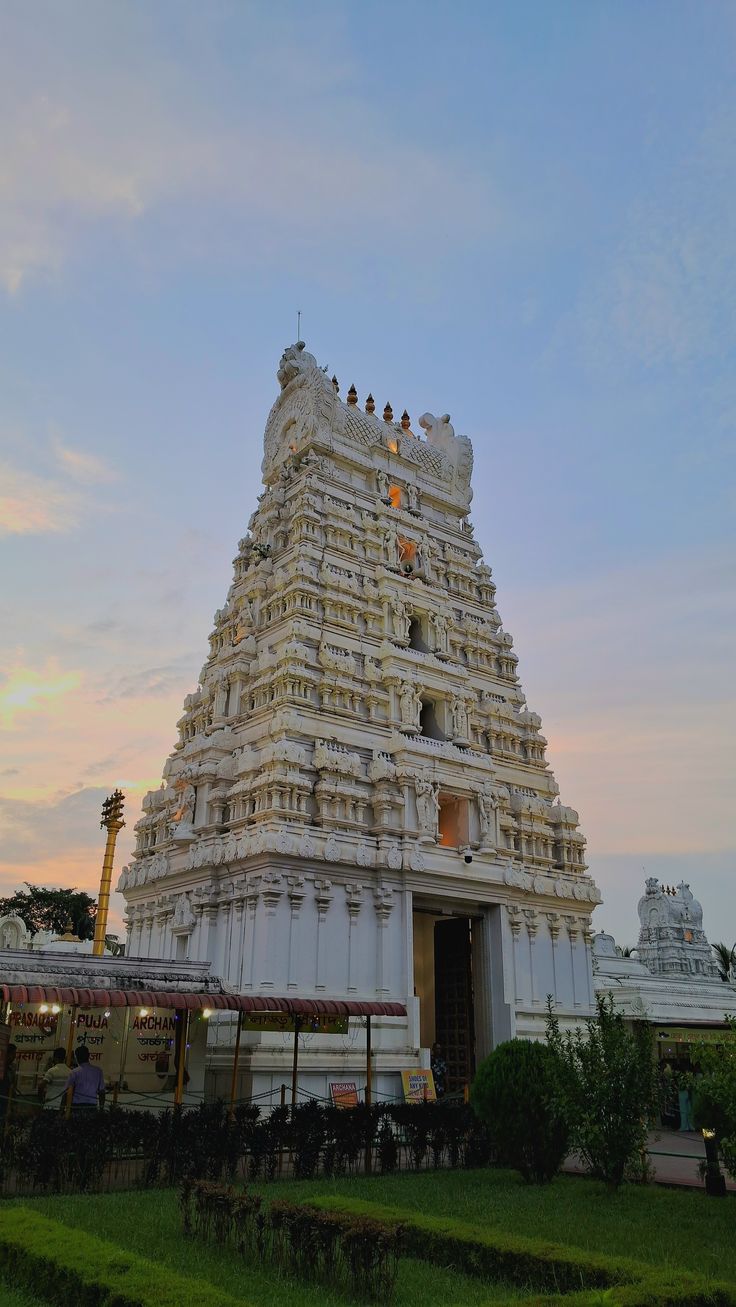
Balaji Temple
A striking white shrine dedicated to Lord Venkateshwara (Balaji), this temple is a revered spiritual landmark.
Major Attractions Nearby Guwahati

Dipor Beel
It is a freshwater lake. and is recognized as a Ramsar Site for its ecological importance.
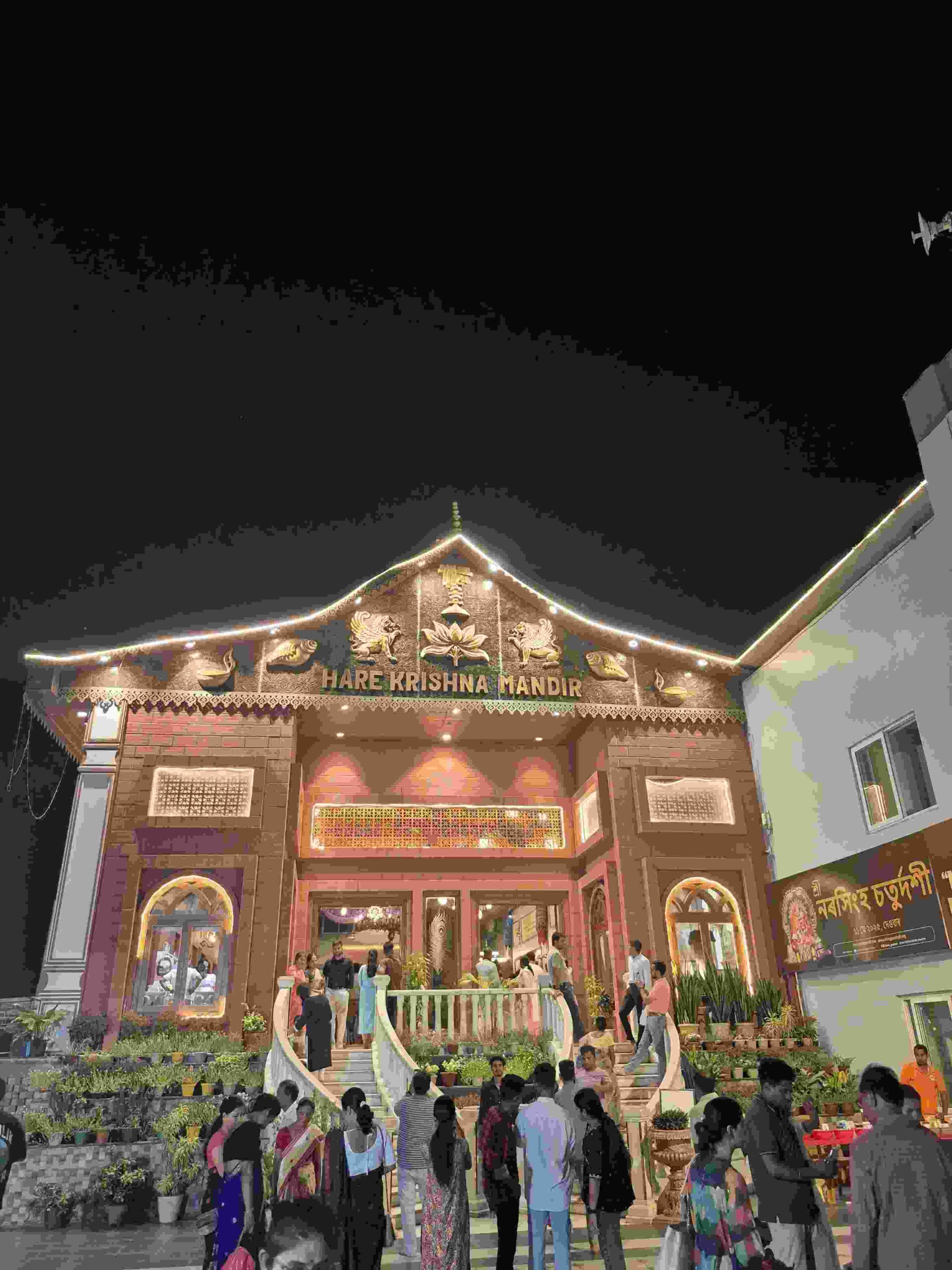
Hare Krishna Mandir
It is a temple dedicated to Lord Krishna. Known for its serene atmosphere, spiritual ambience and beautiful architecture.

Manas National Park
It is located at the foothills of Assam hills, known for its rich biodiversity and stunning natural beauty.
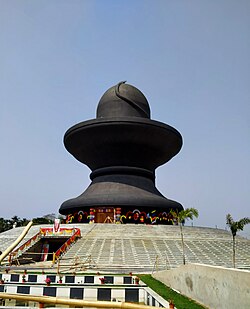
Maha Mrityunjay Temple
It is located at Nagaon, Assam. IT is a temple dedicated to lord Shiva. Known for its ability to heal and protect.
Things to do in Guwahati
Experience the spiritual, cultural, and historical essence of the city. From visiting different temples to exploring ancient lanes, the city offers a soulful journey.
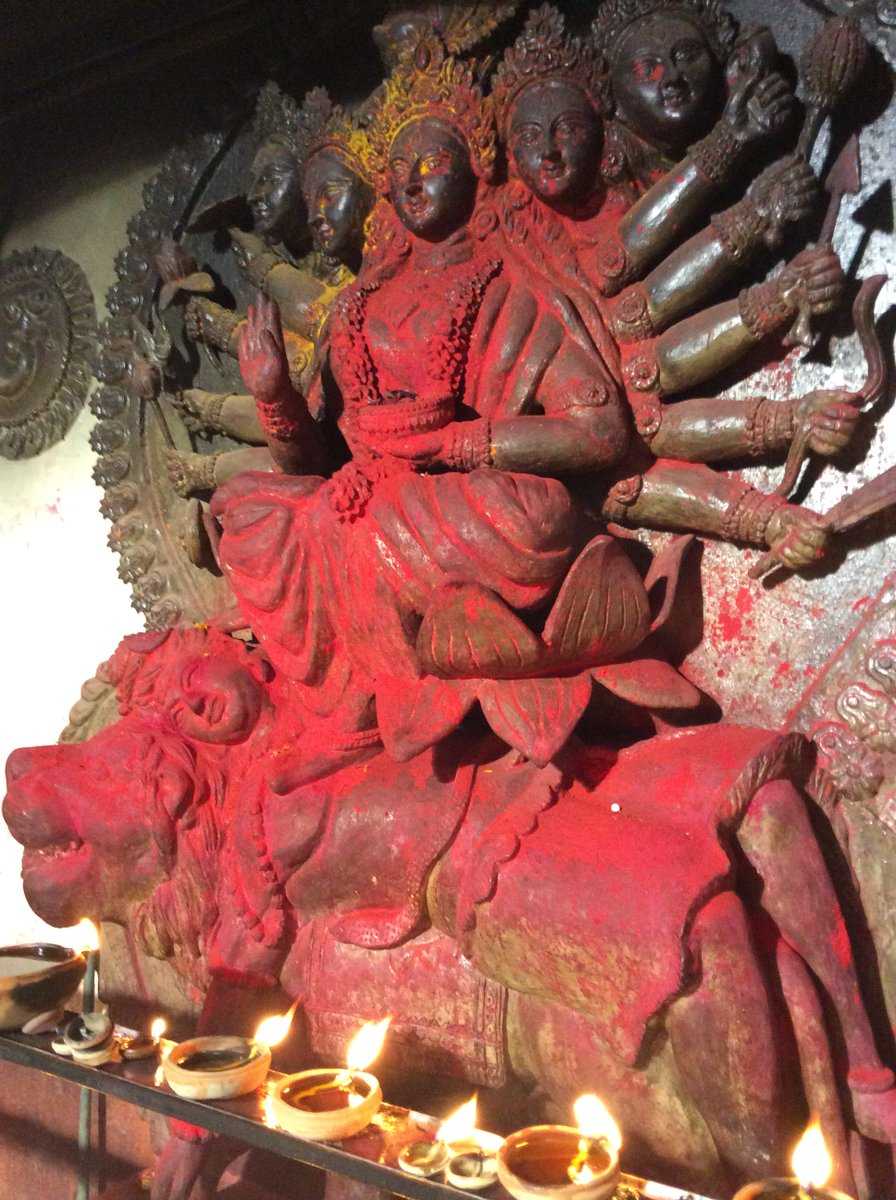
Aarti at Kamakhya Temple
Morning ritual dedicated to the Ma kamakhya, filled with chants, and spiritual energy.
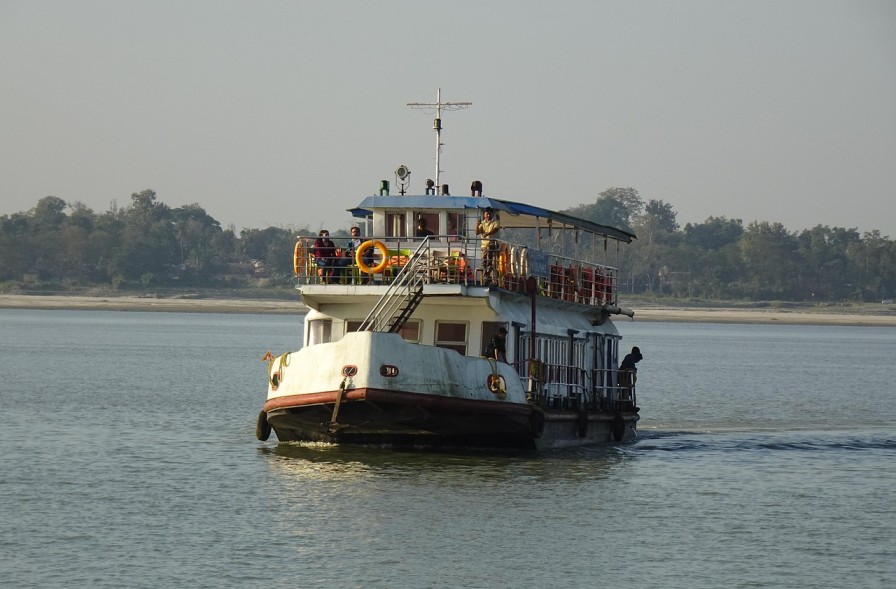
Boat Ride
Enjoy the peaceful beauty Brahmaputra at dawn. Breathtaking views of the sunset behind the hills and the shimmering waters.
Street Food
Try Guwahati’s popular eats like momos, pitha, pani-puri & chaats. Flavors are as vibrant as the city.
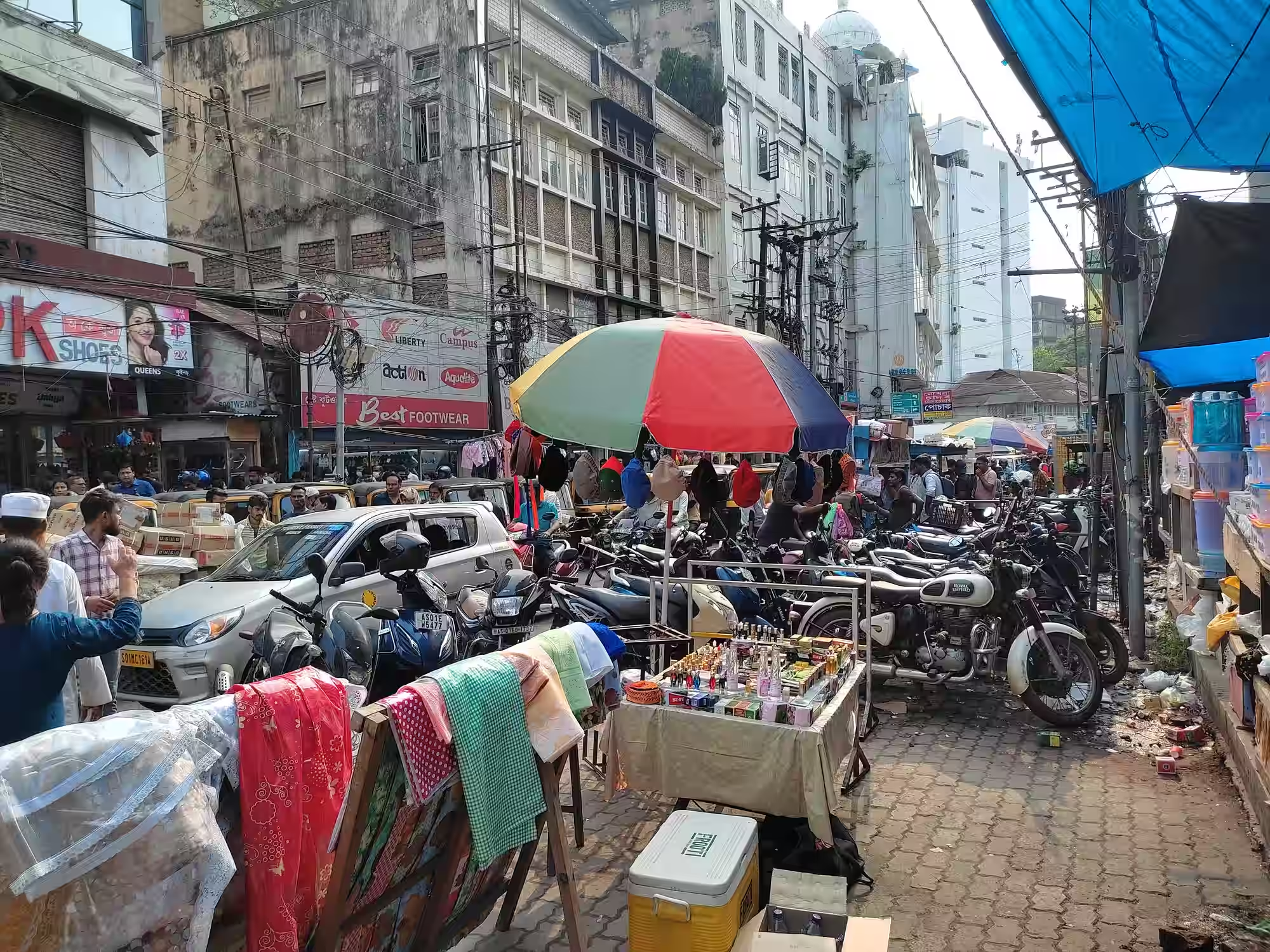
Fancy Bazar
Fancy Bazar, often called the commercial hub of Guwahati, is a bustling marketplace that perfectly captures the city’s vibrant spirit.
The Performing Art of Guwahati
Bihu Geet
Tokari Geet
Bor Geet
Bihu Geet is the most iconic folk singing style, performed during Rongali Bihu. Signature instruments: Dhol, pepa, gogona, taal, sutuli. Tokari Geet lyrics often contemplative focus on philosophy, spirituality, and daily life. Bor Geet is devotional classical songs composed by Srimanta Sankardev and Madhavdev. It follows rhythm and melodic framework.
Bihu
Sattriya music
Jhumur Dance
One of the most prominent art forms is Sattriya, a classical dance that is originated in the monasteries of Assam. Bihu, which is performed during the Assamese New Year and showcases joy and community spirit through rhythmic movements and traditional music. Jhumur Dance performed by the of Assam, especially during community gatherings and festivals.
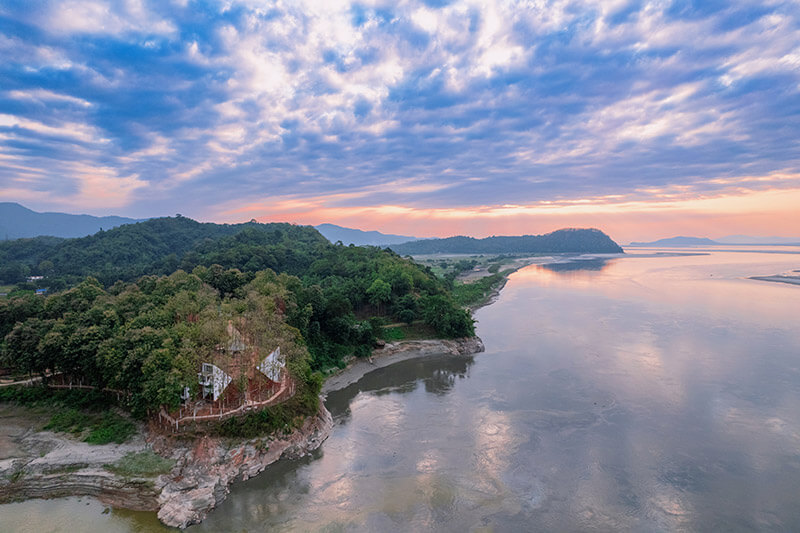
Guwahati's Urban Serenity
Guwahati, the vibrant gateway to Northeast India, exudes a unique blend of urban energy and natural serenity. Nestled on the banks of the mighty Brahmaputra and surrounded by rolling hills, the city carries a youthful, dynamic vibe with its bustling markets, cozy cafés, and growing cosmopolitan culture. Yet, it never loses touch with its roots—ancient temples like Kamakhya and Umananda lend it a spiritual aura, while the rhythmic beats of Bihu music and the aroma of Assamese tea remind you of its rich traditions.
Heritage of Guwahati
Guwahati, one of the oldest cities in Northeast India, is rich in heritage and culture. It is home to ancient temples like Kamakhya, Umananda, and Navagraha, which reflect its deep spiritual roots. The city’s history is intertwined with the mighty Brahmaputra River, old Ahom architecture, and vibrant Assamese traditions.

Cuisine of Guwahati
Guwahati is a paradise for food lovers, offering a variety of traditional delights.
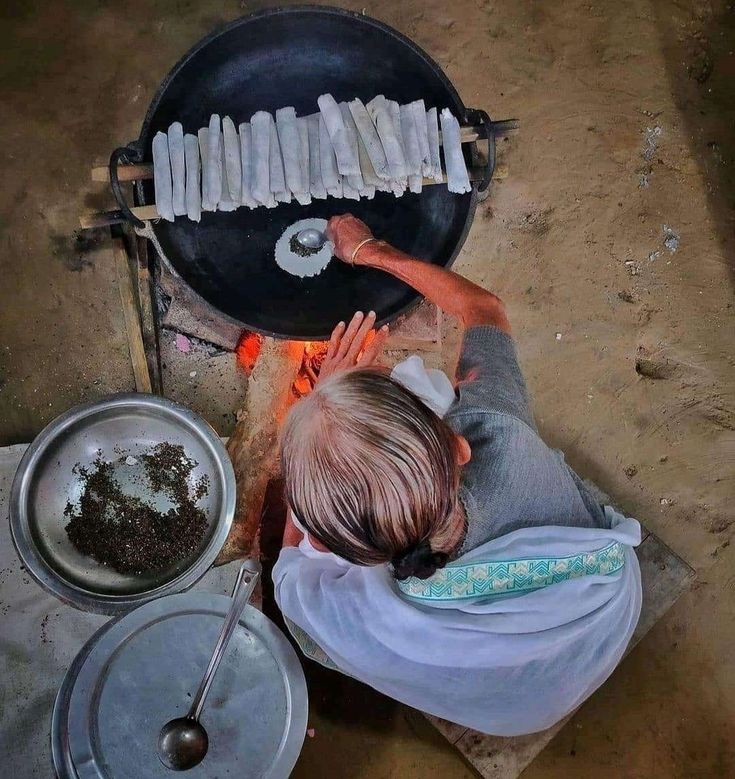
Pitha
Pitha is a traditional Assamese delicacy that holds a special place.. Made of rice flour, Pitha comes in both sweet and savory varieties and is often prepared during festivals like Bihu.
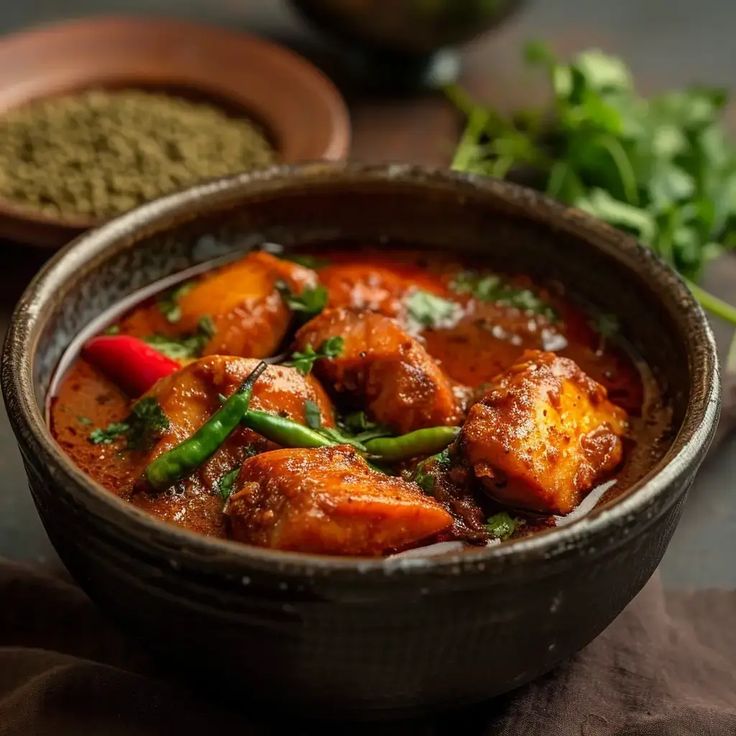
Masor Tenga
Masor Tenga is a classic Assamese fish curry that is light, tangy, and refreshing. This dish is a staple in Assamese households, especially during the summer.

Khar
It is a traditional Assamese dish that holds a special place in the cuisine of Assam. It is a unique preparation made with raw papaya, pulses, or other vegetables.
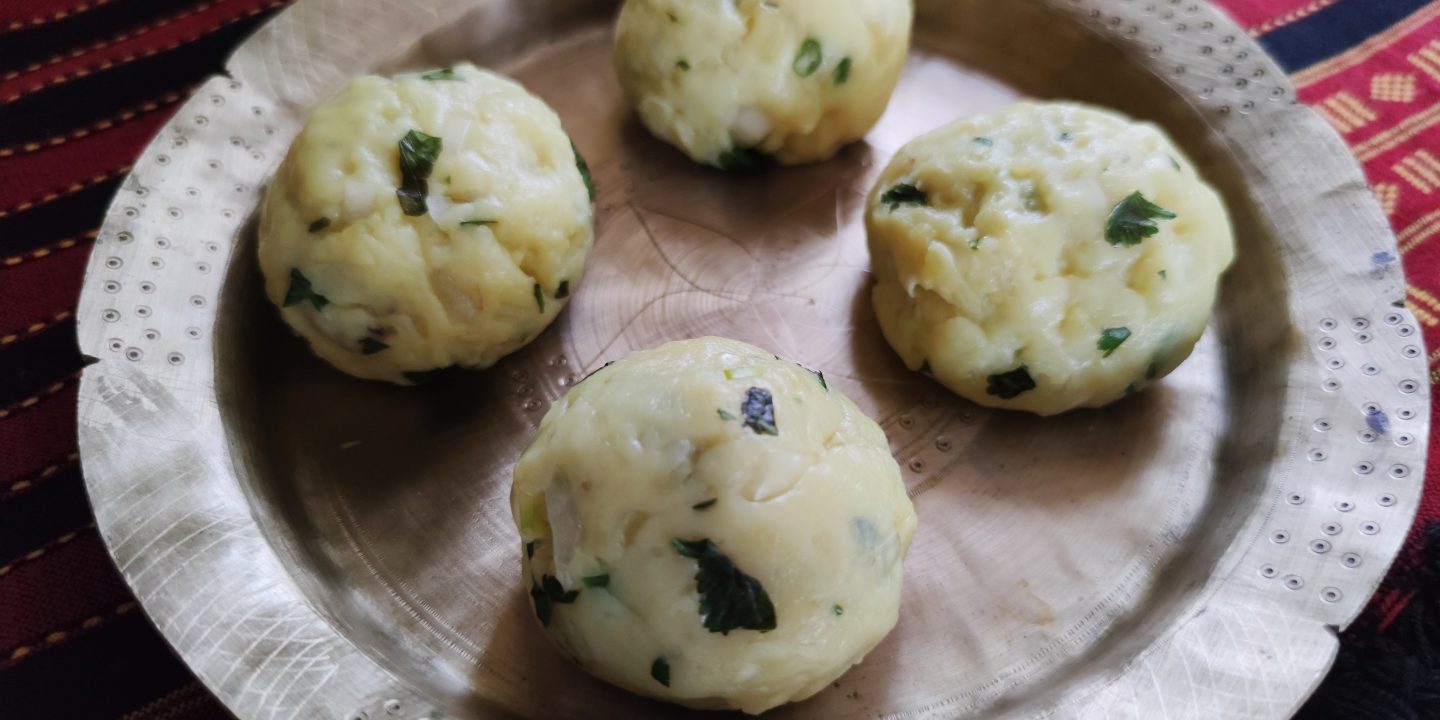
Alu Pitika
It is a simple yet flavorful Assamese dish made by mashing boiled vegetables like potatoes, eggplant, or even fish with mustard oil, onions, green chilies, salt.
Shopping in Guwahati
Shopping in Guwahati is a delightful experience, offering a mix of traditional and modern options. Fancy Bazar is the city’s most popular market, known for affordable clothes, accessories, and local handicrafts.
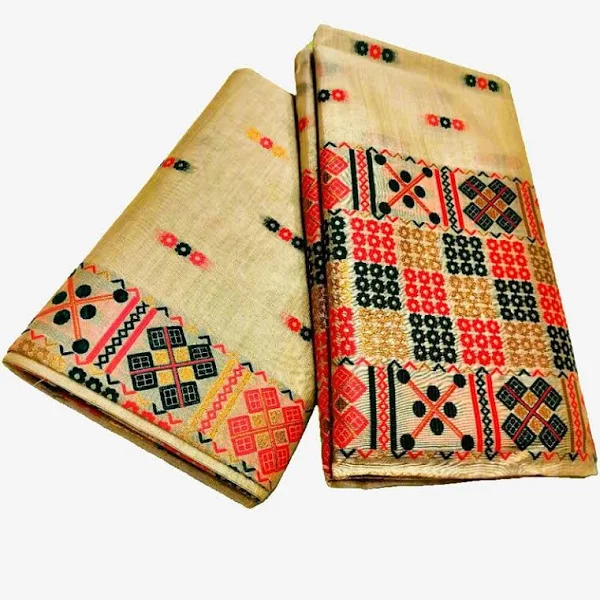
Mekhla Sador
It is the traditional dress of Assam made with different types of silk like Muga, Pat, Eiri with beautiful features and designs.
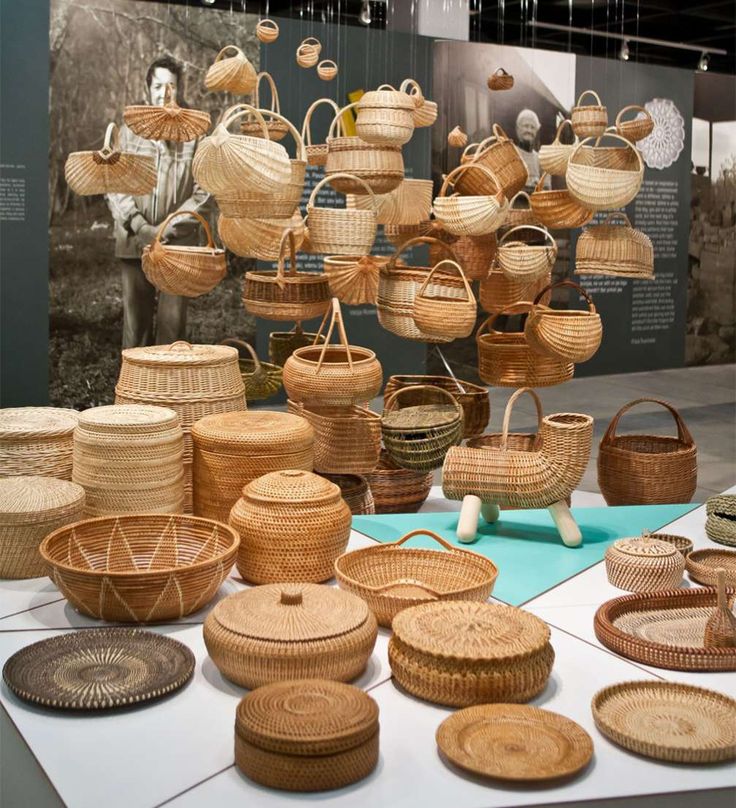
Handmade Craft items
Guwahati markets are filled with finely crafted bamboo and cane products like baskets, mats, furniture, and decorative pieces
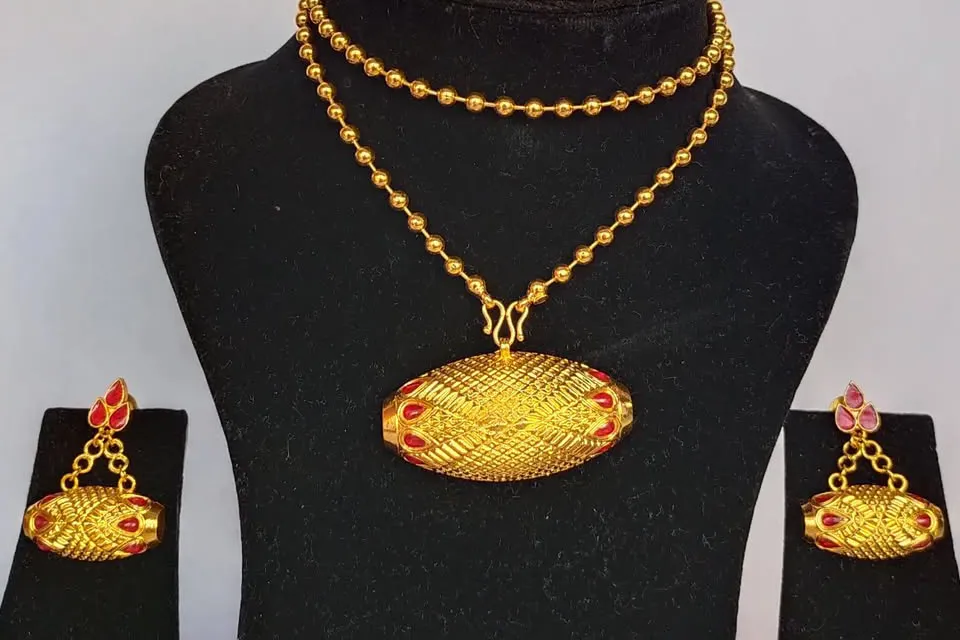
Traditional Jewellery
Assamese traditional jewelry is unique and elegant Gamkharu (wide gold-plated bangles) and Junbiri (crescent moon-shaped pendants).
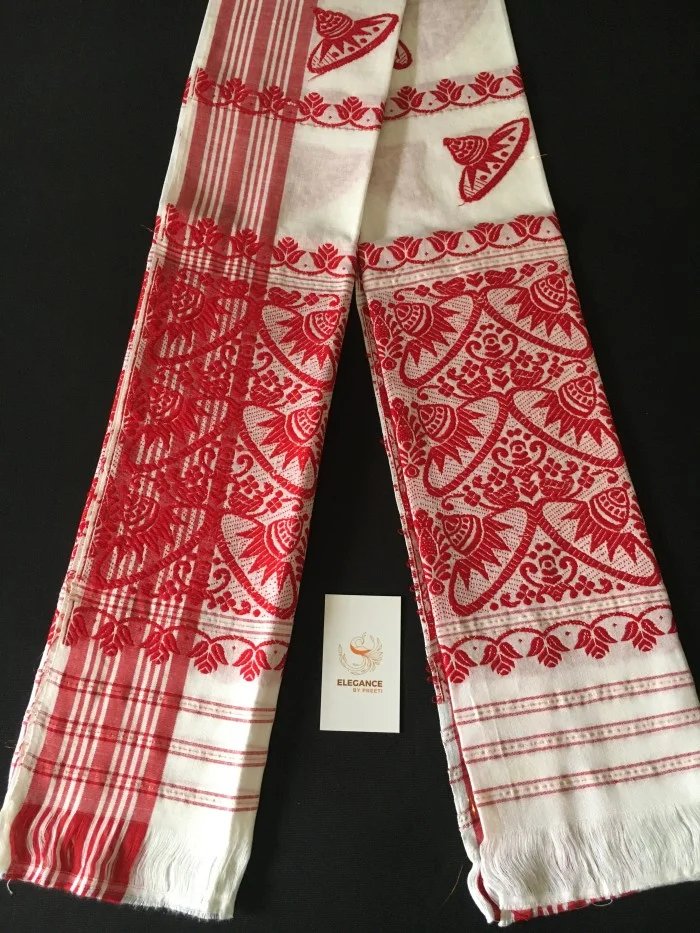
Handwoven Gamusa
A Gamusa is a traditional Assamese handwoven cotton towel with red borders, symbolizing respect and culture. It is light and easy to carry.
Tourist's Handbook
The best time to visit Guwahati is between October and April, when the weather is pleasant and ideal for sightseeing. During these months, the city enjoys a cool and comfortable climate, making it perfect for exploring attractions like the Kamakhya Temple, Umananda Island, and the scenic Brahmaputra riverfront. exploring attractions like the Kamakhya Temple, Umananda Island, and the scenic Brahmaputra riverfront.
Stay alert in crowded areas – Markets and public transport can get busy; keep your belongings safe to avoid pickpocketing.
Use reliable transport – Prefer app-based cabs or trusted local taxis, especially at night.
Avoid isolated areas after dark – Stick to well-lit and populated areas in the evening.
Stay hydrated and eat wisely – Drink bottled water and choose clean food joints to avoid stomach issues.
Getting around in Guwahati is quite convenient, with various transport options available for visitors. You can use auto-rickshaws and app-based cab services like Ola and Uber for quick and comfortable travel within the city. For a more budget-friendly option, city buses and shared tempos connect most areas.
Overcharging by taxis or autos – Some drivers may demand higher fares from tourists; insist on using meters or pre-book through apps.
Fake tour guides – Unlicensed guides may approach you near tourist spots; always hire certified guides.
Pickpocketing in crowded areas – Markets like Fancy Bazar can get crowded, so keep your valuables secure.
Fake donation collectors – People may ask for donations for temples or charities; verify before giving money.
Varanasi Blogs
- Uttar Pradesh Cultural guide
- Places to visit in Varanasi
- Places to visit nearby Varanasi
- India’s most popular destination
- India’s archaeological marvels
Recommended articles
- Uttar Pradesh Cultural guide
- Places to visit in Varanasi
- Places to visit nearby Varanasi
- India’s most popular destination

